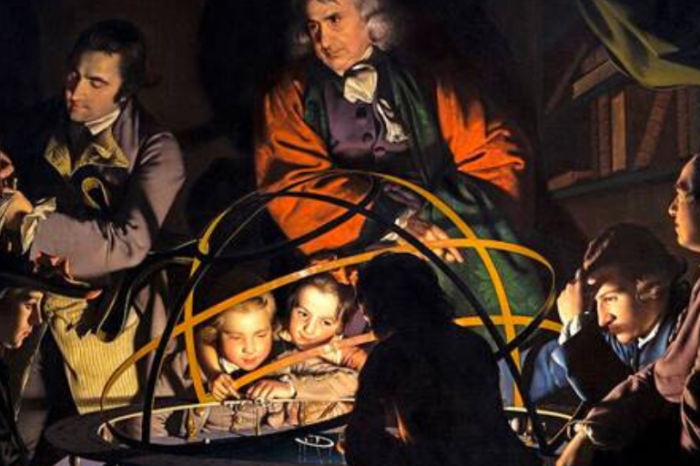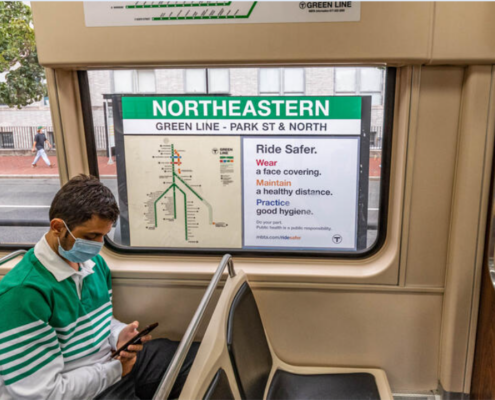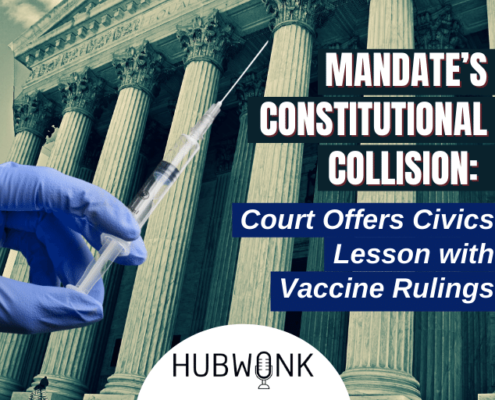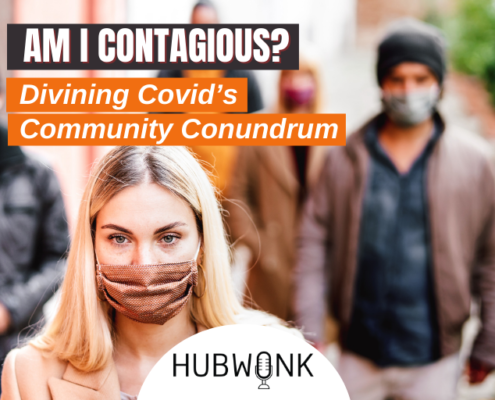Stargazing: Five Astronomy Resources for Parents, Teachers, and Kids During COVID-19
“Astronomy compels the soul to look upward, and leads us from this world to another.”
— Plato
We often take for granted the basic facts born of the Copernican Revolution, and the interplanetary observations of Brahe, Galileo, Kepler, and Newton. These facts and knowledge were hard won and politically risky, given that they challenged the worldviews of consolidated power. Here are some resources for parents, teachers, and students of all ages. Our hope is to cultivate the curiosity within us, in order to better understand the heavens and stars above us.
1) Who Was Nicolaus Copernicus? – A Very Short Introduction on Space Grade 3 – Children’s Biographies
 “Read about the story of Nicolaus Copernicus and… his theory of heliocentrism. Be inspired by his brilliance and also learn about the theory that he developed, too. “
“Read about the story of Nicolaus Copernicus and… his theory of heliocentrism. Be inspired by his brilliance and also learn about the theory that he developed, too. “
2) Find the Constellations, by H. A. Rey
 “Containing star charts, a guide to the constellations, and details about seasons and the movement of the objects we see in the sky, this classic book makes H. A. Rey’s passion for astronomy evident on every page.”
“Containing star charts, a guide to the constellations, and details about seasons and the movement of the objects we see in the sky, this classic book makes H. A. Rey’s passion for astronomy evident on every page.”
3) Johannes Kepler: Giant of Faith and Science, by John Hudson Tiner
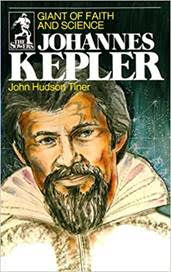 “This giant of astronomy considered his studies to be a way of looking into God’s creation.”
“This giant of astronomy considered his studies to be a way of looking into God’s creation.”
4) The Stars: A New Way to See Them, by H. A. Rey
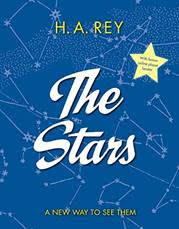 “This is a clear, vivid text with charts and maps showing the positions of the constellations the year round.”
“This is a clear, vivid text with charts and maps showing the positions of the constellations the year round.”
5) Who Was Galileo? by Patricia Brennan Demuth
 “Galileo is another Renaissance great known just by his first name–a name that is synonymous with scientific achievement… Galileo contributed to the era’s great rebirth of knowledge. He invented a telescope to observe the heavens. From there, not even the sky was the limit!”
“Galileo is another Renaissance great known just by his first name–a name that is synonymous with scientific achievement… Galileo contributed to the era’s great rebirth of knowledge. He invented a telescope to observe the heavens. From there, not even the sky was the limit!”
Get Our COVID-19 News, Tips & Resources!
Related Content

